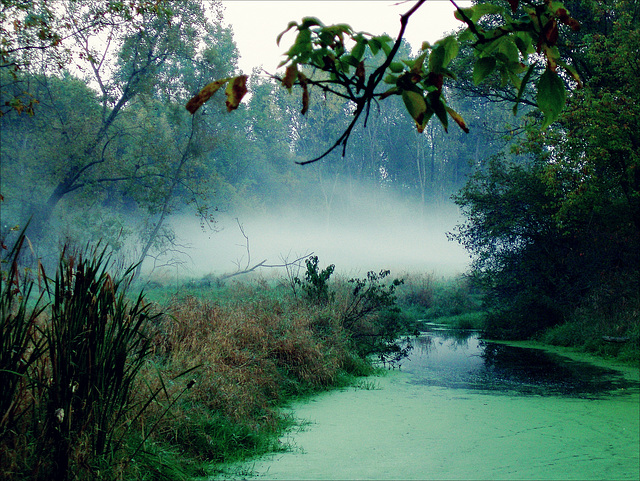Philosophy of the Unconscious
Waiting for the flight
Hoover Dam Lake Mead
Ms. Liberty
Vicinity of Hoover
Vicinity of Hoover
Vicinity of Hoover
Vicinity of Hoover
Vicinity of Hoover
By Hoover Dam
The Wall
Hoover Dam
Hoover Dam
The bridge
By Hoover Dam
Hoover Dam vicinity
By Hoover Dam
Lake Mead
Lake Mead
Lake Mead
At Venetian
HAPPY & FORGETFUL
Roots
Autumn
My neighbour
Autumn sky
. . . like a smile of a wind
A stream in Spring
Privatization of sensation ~ Figure 12
Color
Lucky the leaf.....
Fall Leaves
Choice of colours
A farmer
Do you see violet....?
Pontiac
Time Flow
The Gregundrum / Figure 2
Mummy's pet, is that you....?
Location
Keywords
Authorizations, license
-
Visible by: Everyone -
Attribution + non Commercial
- Photo replaced on 23 Dec 2019
-
51 visits
Photo by Dinesh


- Keyboard shortcuts:
Jump to top
RSS feed- Latest comments - Subscribe to the comment feeds of this photo
- ipernity © 2007-2024
- Help & Contact
|
Club news
|
About ipernity
|
History |
ipernity Club & Prices |
Guide of good conduct
Donate | Group guidelines | Privacy policy | Terms of use | Statutes | In memoria -
Facebook
Twitter

At first none of the anaerobic bacteria noticed the oxygen their pondscum neighbors produced. For years, the two life forms sat right next to one another. For most of that time, nothing much happened. Whatever oxygen went into Earth’s atmosphere was quickly absorbed by iron in the surrounding rock -- the iron, in other words, rusted. Earth in those days had a lot of pure iron that hadn’t yet oxidized. For hundreds of millions of years, the aerobic bacteria kept producing gas like the flatulent rider on a commuter train, and Earth kept rusting and rusting, until it could rust no more. All the iron had been used up.
Oxygen kept coming -- the pond scum were doing quite well -- but it had nowhere to go. It just stayed in the atmosphere. Eventually the pond scum gassed the anaerobic bacteria to kingdom come -- at least the ones that couldn’t scuttle under5 some crack or hide in the deep-water vent, away from the oxygen rich air. “From the standpoint of a microbe 2.4 billion years ago,” says Erwin, “the onset of the introduction of all this oxygen was a horrible event, because it changed the environment completely. Anaerobic bacteria had to go hide in the mud or something. Oxygen would have been a toxin to a lot of microbes that were adapted to a very different environment. ~Page 42
Sign-in to write a comment.